Are you a software developer looking to protect your intellectual property (IP) in Florida? This article will guide you through the different types of IP, such as patents, trademarks, copyrights, and trade secrets.
Learn how IP applies to software, including protecting source code, user interfaces, and algorithms.
Discover Florida’s laws on IP for software, including trade secret, trademark, copyright, and patent laws.
Find out what steps you should take to safeguard your IP in Florida, from registering for federal and state protection to drafting non-disclosure agreements and monitoring infringement.
Stay informed and protect your valuable software creations.
Key Takeaways:
- Understanding the different types of IP is crucial for protecting software in Florida, including patents, trademarks, copyrights, and trade secrets.
- Florida has specific laws for IP protection, including trade secrets, trademarks, copyrights, and patents.
- Software developers in Florida should take steps such as registering for federal and state protection, drafting non-disclosure agreements, and monitoring for infringement to safeguard their IP.
How Does IP Apply to Software?
Intellectual property is essential in the software industry as it offers protection for different elements like source code, user interfaces, and algorithms. This protection ensures that developers can secure their work effectively.
1. Protecting Source Code
Protecting source code is crucial for software developers and can be accomplished through copyrights and trade secrets, establishing a legal framework to prevent unauthorized use and duplication.
Copyrights grant exclusive rights to the creator, allowing them to govern the usage, reproduction, and distribution of their code. This protection is automatically granted upon creation, and registering the copyright enhances its legal validity.
On the other hand, trade secrets involve keeping specific elements of the code confidential, offering a competitive edge. Maintaining confidentiality through non-disclosure agreements and restricting access to sensitive information are essential strategies in securing source code. These approaches not only safeguard developers’ intellectual property but also maintain the value and individuality of their software creations.
2. Protecting User Interfaces
User interfaces in software can be protected using design patents and trademarks, ensuring that unique visual and functional elements are legally safeguarded from imitation.
These legal protections play a crucial role in fostering innovation and creativity within the software development industry. By safeguarding the distinctive elements of an interface, developers can have peace of mind knowing that their hard work and original designs are secure.
Design patents specifically protect the ornamental features of an interface, such as icons, layouts, and graphics, while trademarks focus on protecting recognizable branding elements. This not only incentivizes developers to invest time and resources into creating innovative interfaces but also promotes healthy competition by preventing unauthorized copying or replication.
3. Protecting Algorithms
Algorithms are a fundamental element in many software applications and can be safeguarded through patents and trade secrets to preserve a competitive advantage and prevent unauthorized usage.
Patents offer legal protection for algorithms by bestowing exclusive rights upon their creators, enabling them to dictate how their algorithms are utilized by others. This ensures that developers can reap the rewards of their innovations without concerns of replication or theft.
Trade secrets, conversely, involve maintaining algorithm confidentiality through non-disclosure agreements and restricted access. By utilizing a combination of patents and trade secrets, companies can protect their proprietary algorithms and uphold their market leadership in the constantly evolving tech sector.
What are Florida’s Laws on IP for Software?
Florida’s IP laws include provisions that are applicable to software. These laws offer legal protection under state regulations to protect intellectual property and uphold the rights of developers.
1. Florida’s Trade Secret Law
The trade secret law in Florida offers strong legal protection for confidential information, allowing businesses to safeguard their trade secrets from unauthorized disclosure or use.
These protections are essential for businesses aiming to maintain a competitive advantage in the market. Florida’s trade secret law applies to a broad array of confidential information, including formulas, processes, customer lists, and business strategies. By establishing a legal framework to safeguard these valuable assets, businesses are encouraged to invest in research and development without the concern of their innovations being stolen or misused.
This law also enables companies to pursue legal recourse against individuals who violate their trade secrets, providing a sense of security and motivation for businesses to invest in developing and safeguarding their proprietary information.
2. Florida’s Trademark Law
Florida’s trademark law supports the registration and protection of trademarks within the state, ensuring that businesses can preserve their brand identity and prevent infringement.
Registering a trademark in Florida involves submitting an application to the state’s Division of Corporations, which assesses the proposed mark for eligibility and distinctiveness. Upon approval, the trademark owner obtains exclusive rights to use the mark in connection with their goods or services, offering legal protection against unauthorized use by competitors.
Maintaining a registered trademark enables businesses to establish a robust brand presence, foster consumer trust, and encourage brand loyalty. It also permits enforcement actions against those who try to benefit from the goodwill generated by the trademark owner.
3. Florida’s Copyright Law
Copyright law in Florida is in line with federal regulations, offering legal protection for artistic and literary works and streamlining the copyright registration process.
Artistic and literary works like paintings, music, books, and software creations are protected under Florida copyright laws. Creators looking for copyright protection need to file an application that includes information about the work and its authorship. The registration process usually requires submitting a completed form, a copy of the work, and the necessary fee.
Once registered, the creator obtains exclusive rights to reproduce, distribute, perform, and display their work. Copyright protections grant creators the authority to control the use and distribution of their creations, encouraging creativity while safeguarding intellectual property.
4. Florida’s Patent Law
Florida’s patent law provides legal protection for inventions, allowing inventors to obtain exclusive rights to their innovations and prevent unauthorized use. This legal framework plays a crucial role for inventors by offering a means to protect their creations and benefit from their creativity.
To obtain a patent in Florida, inventors must adhere to specific steps set forth by the United States Patent and Trademark Office.
These steps involve conducting a comprehensive patent search to ensure the uniqueness of the invention, preparing a detailed patent application, and participating in the examination process with the patent office. By successfully navigating these procedures, inventors can establish their exclusive ownership rights and receive acknowledgment for their inventive contributions.
What Steps Should a Software Developer Take to Protect their IP in Florida?
To protect intellectual property in Florida, software developers should take certain steps, such as:
- Registering for federal and state IP protection
- Creating and enforcing non-disclosure agreements
- Vigilantly monitoring and taking action against IP infringement
1. Registering for Federal IP Protection
Applying for federal IP protection involves submitting applications to federal agencies like the USPTO for patents and trademarks, and the U.S. Copyright Office for copyrights, ensuring comprehensive legal coverage.
In the United States, obtaining federal IP rights is essential for safeguarding innovative concepts, brand names, and artistic creations. The USPTO is instrumental in evaluating and issuing patents and trademarks, offering a structured process for inventors and businesses to protect their inventions and brand identities. Similarly, the U.S. Copyright Office manages copyright registrations, preserving original literary, artistic, and musical works.
By acquiring federal IP protection, individuals and businesses acquire exclusive rights to their intellectual property, allowing them to defend against infringement and capitalize on their creations in the market.
2. Registering for State IP Protection
The protection of intellectual property (IP) in Florida involves the registration of trademarks and other IP rights with the Florida Department of State, Division of Corporations, to ensure additional legal safeguards within the state.
When an individual or business chooses to register their intellectual property at the state level in Florida, they should be aware of the role of the Florida Department of State in overseeing this process. The Department of State acts as the central agency responsible for managing and regulating corporate entities and trademarks within the state.
By registering their IP with this department, owners can secure exclusive rights to use their intellectual property in business activities across Florida. State-level protection offers advantages such as legal recognition, proof of ownership, and the ability to enforce rights within the state’s jurisdiction.
3. Drafting and Enforcing Non-Disclosure Agreements
Drafting and enforcing non-disclosure agreements (NDAs) is important for safeguarding confidential information. Seeking the guidance of a knowledgeable attorney can help ensure these agreements offer strong legal protection.
Key elements that should be included in an NDA are clearly defining what constitutes confidential information, outlining the purpose of the agreement, specifying the parties involved, establishing the duration of confidentiality, and detailing the consequences of a breach.
An attorney’s role in drafting NDAs involves tailoring the agreement to meet the specific needs of the parties, ensuring compliance with applicable laws, and structuring the document in a legally enforceable manner.
Attorneys play a crucial role in enforcing NDAs by taking legal action against parties who breach the terms of the agreement, seeking remedies for damages caused by breaches, and representing clients in legal proceedings to protect their confidential information.
4. Monitoring and Enforcing IP Infringement
Monitoring and enforcing against IP infringement is crucial for maintaining a competitive advantage, and collaborating with an attorney can offer the necessary legal protection to effectively address violations.
A fundamental strategy for efficient IP infringement monitoring is carrying out regular audits of intellectual property assets to uncover any unauthorized use or infringement. By establishing clear monitoring protocols and utilizing technology tools such as infringement tracking software, companies can proactively detect and address potential violations.
In instances where infringement is identified, taking prompt enforcement actions is essential for safeguarding IP rights and discouraging future violations. An experienced attorney can provide valuable guidance on legal strategies, drafting cease and desist letters, and initiating legal proceedings to enforce IP rights and pursue remedies for damages.
Frequently Asked Questions
What is intellectual property and how does it relate to software in Florida?
Intellectual property (IP) refers to any original creations of the mind, such as inventions, literary and artistic works, and symbols, names, and images used in commerce. In Florida, IP laws protect software as it is considered a literary work and falls under copyright protection.
Do I need to register my software with the government to protect my intellectual property in Florida?
No, registration is not required to protect your software under copyright law in Florida. As soon as your software is created and fixed in a tangible form, it is automatically protected by copyright.
What rights do I have as the creator of software under Florida’s IP laws?
As the creator of software in Florida, you have the exclusive right to reproduce, distribute, perform, and display your software, as well as create derivative works from it. These rights are granted to you automatically upon creation of the software, and you do not need to register or apply for them.
How long does copyright protection last for software in Florida?
In Florida, copyright protection for software lasts for the life of the author plus 70 years after their death. If the software was created by a company or organization, the protection lasts for 95 years from the date of publication or 120 years from the date of creation, whichever is shorter.
What is the first step I should take if I believe my software’s IP has been infringed upon in Florida?
If you believe your software’s IP has been infringed upon in Florida, the first step is to reach out to the alleged infringer and attempt to resolve the issue. If this is unsuccessful, you may want to consider seeking legal counsel to take further action.
Are there any exceptions to IP laws for software in Florida?
There are some exceptions to IP laws for software in Florida, such as fair use for educational or research purposes. However, these exceptions are limited and it is best to consult with a lawyer to determine if your use falls under fair use or if you need to obtain a license or permission from the copyright holder.


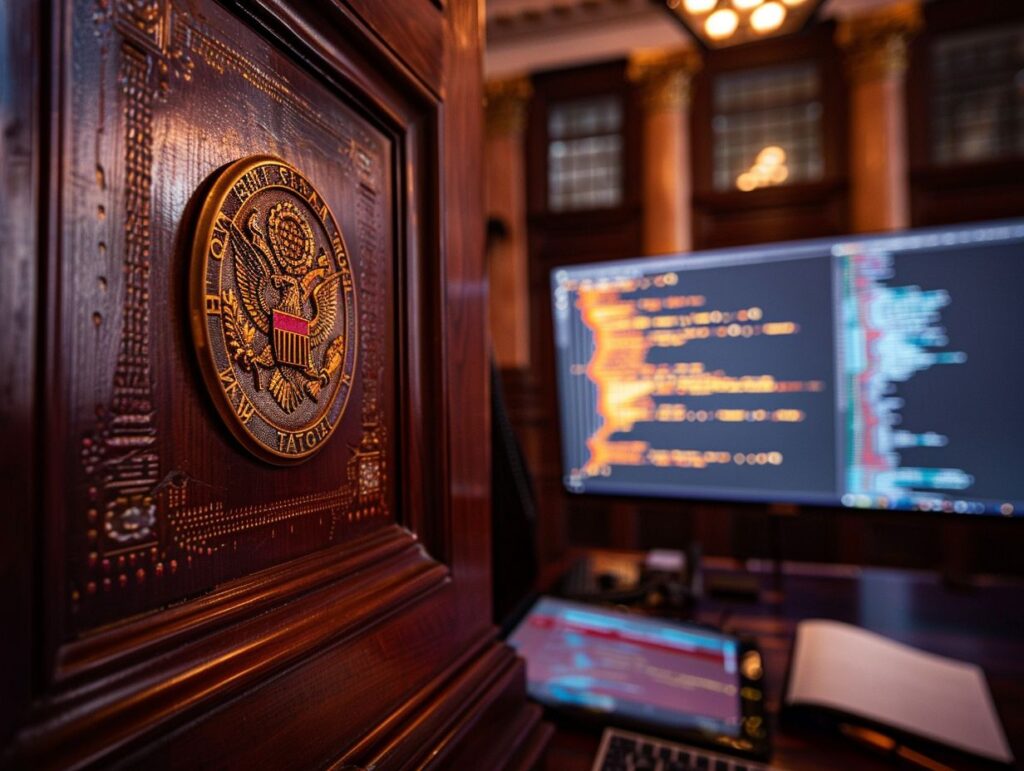
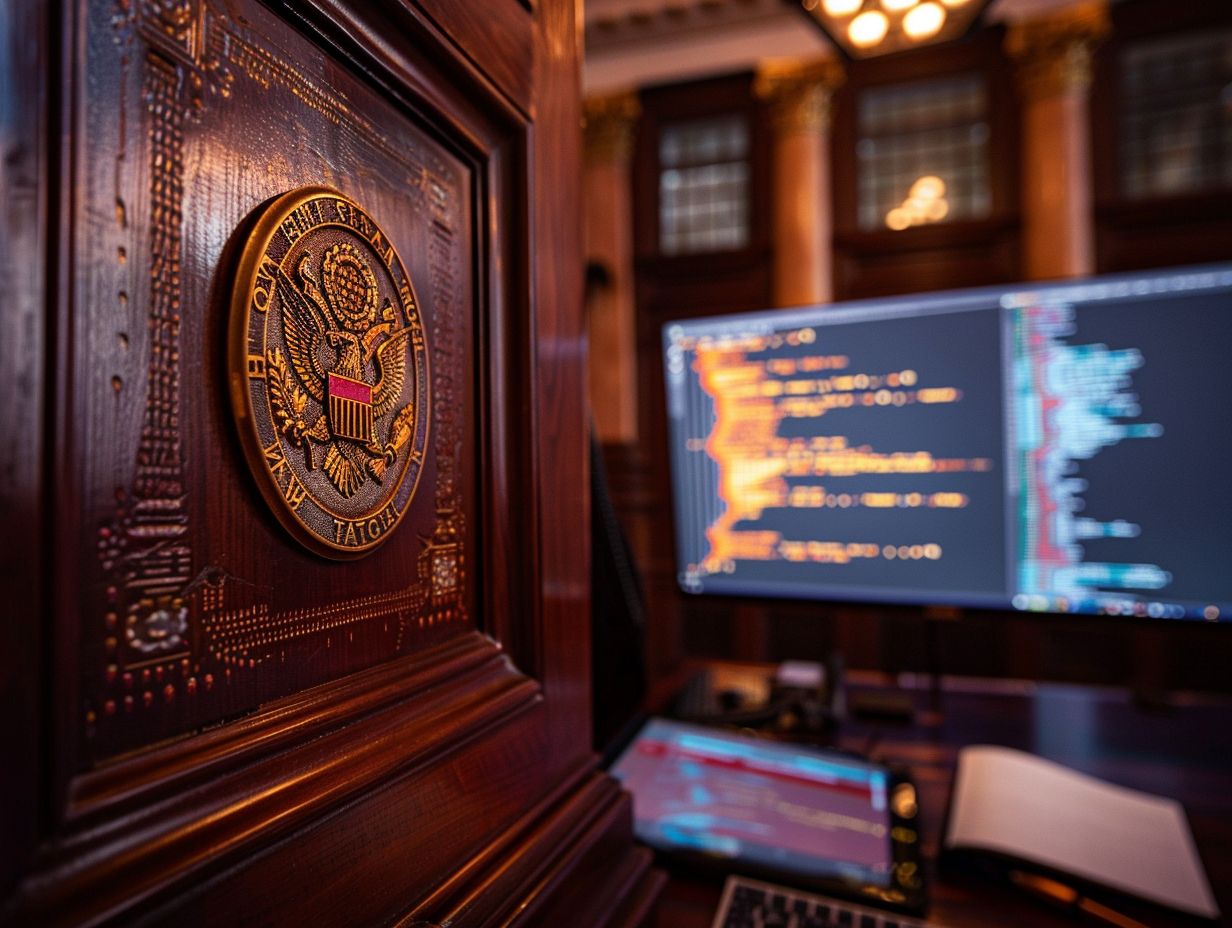
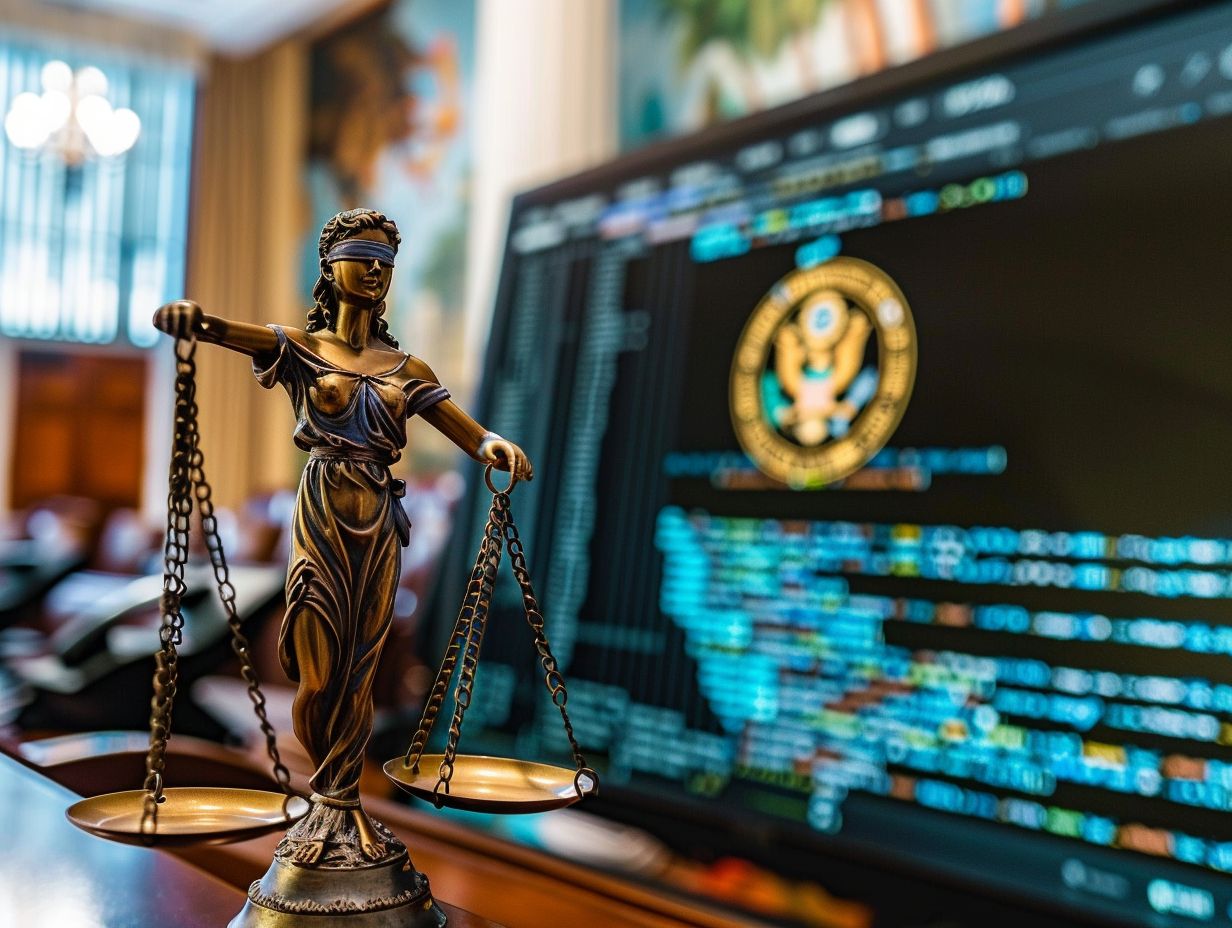
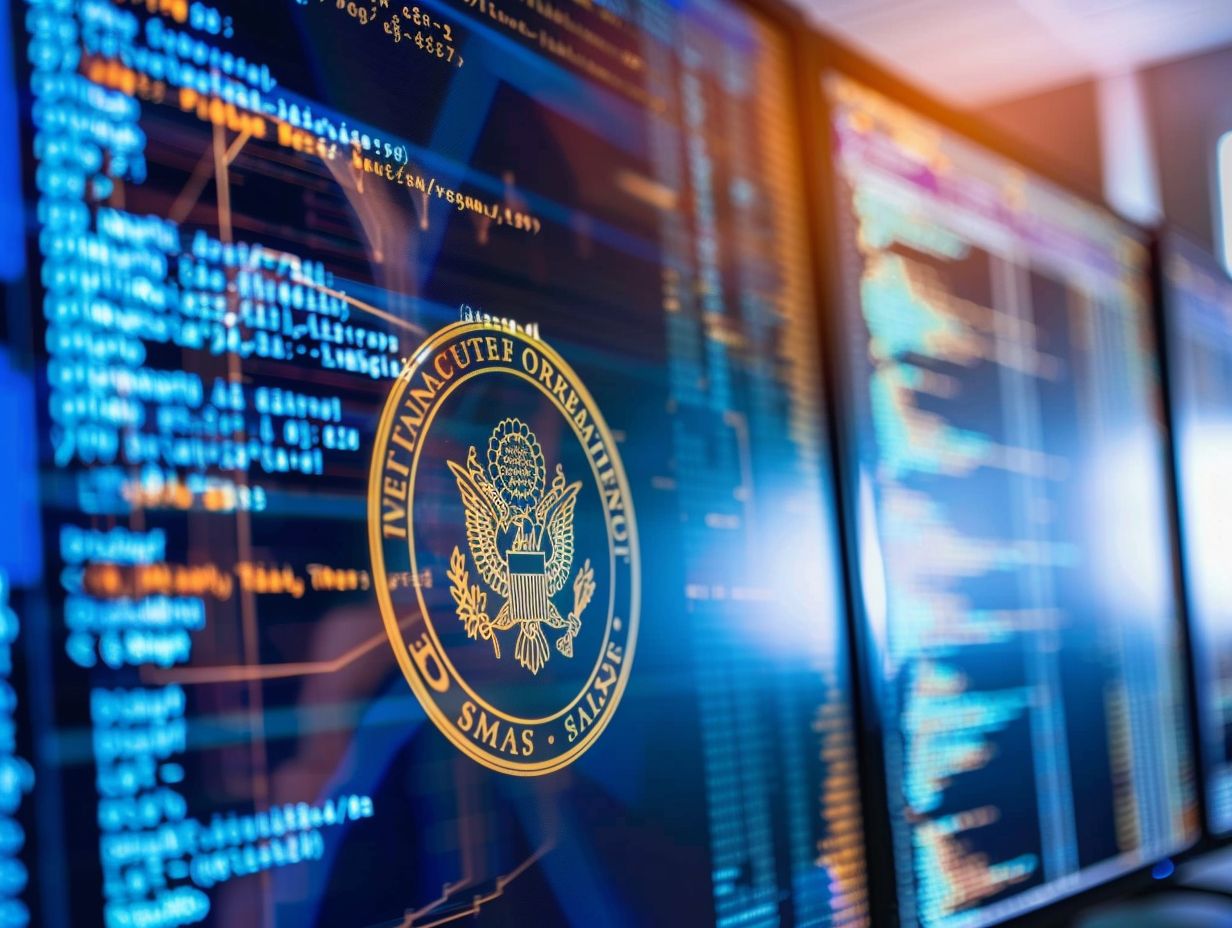
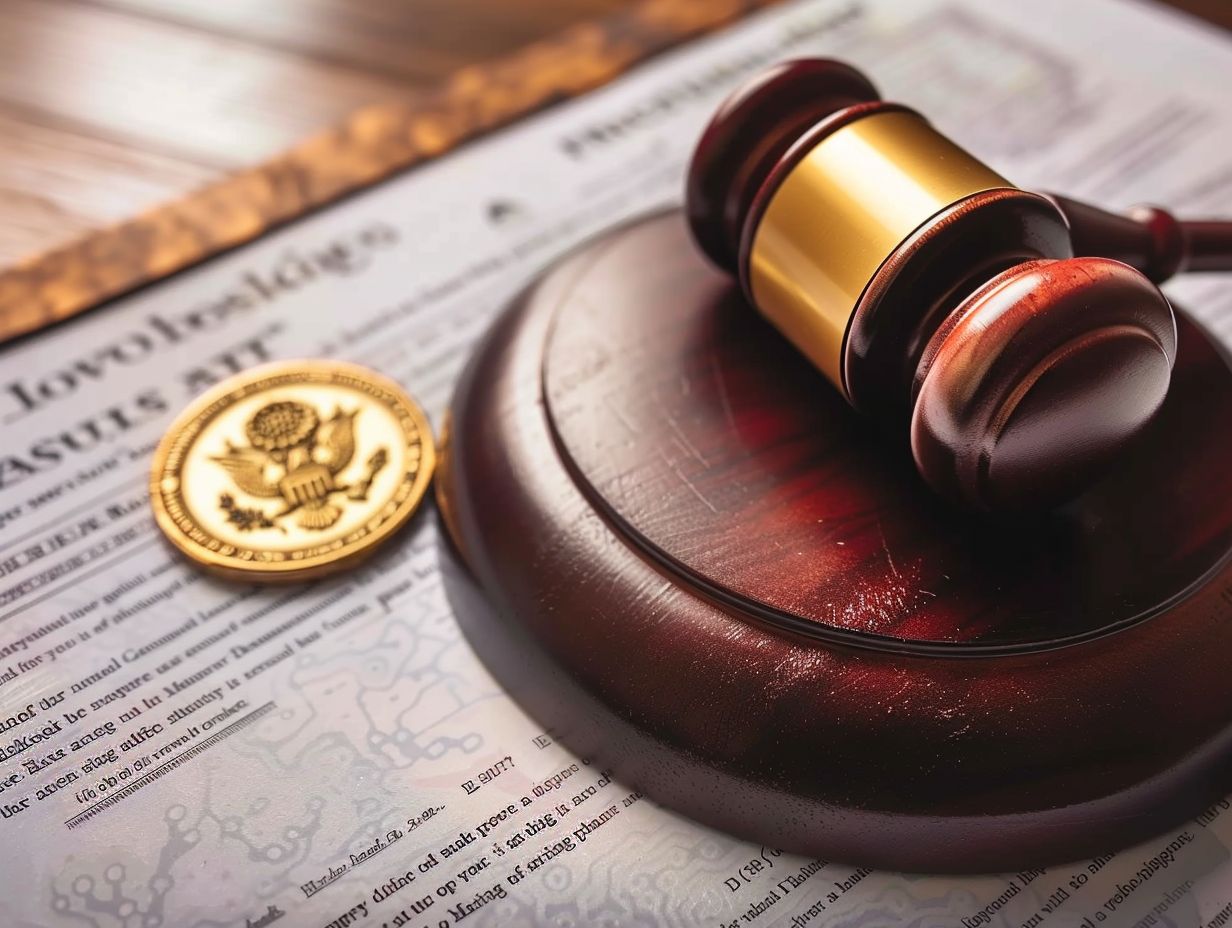


















Rate this article:
No Comments yet!